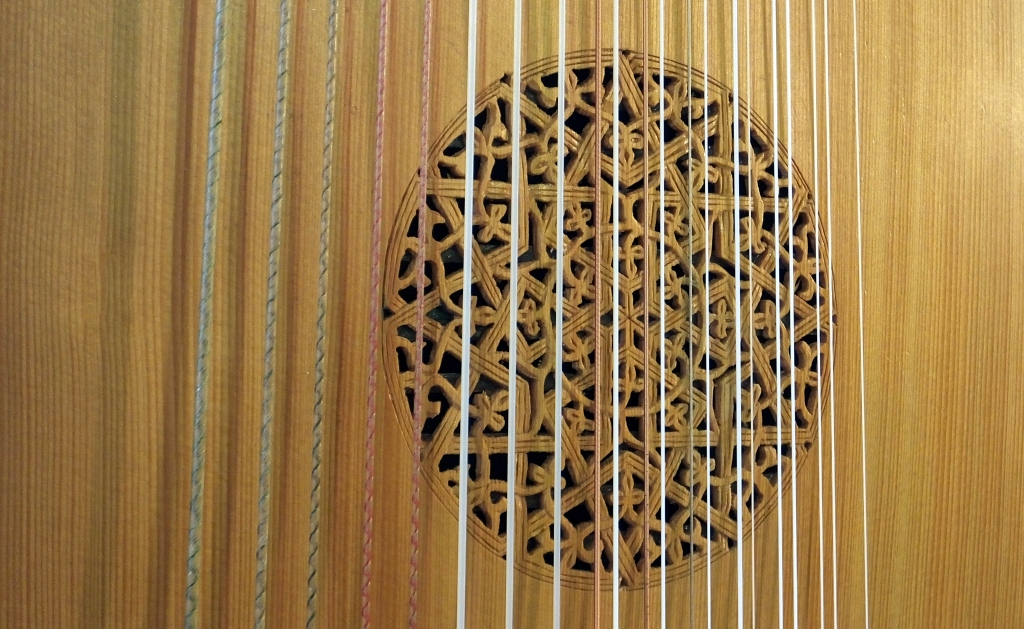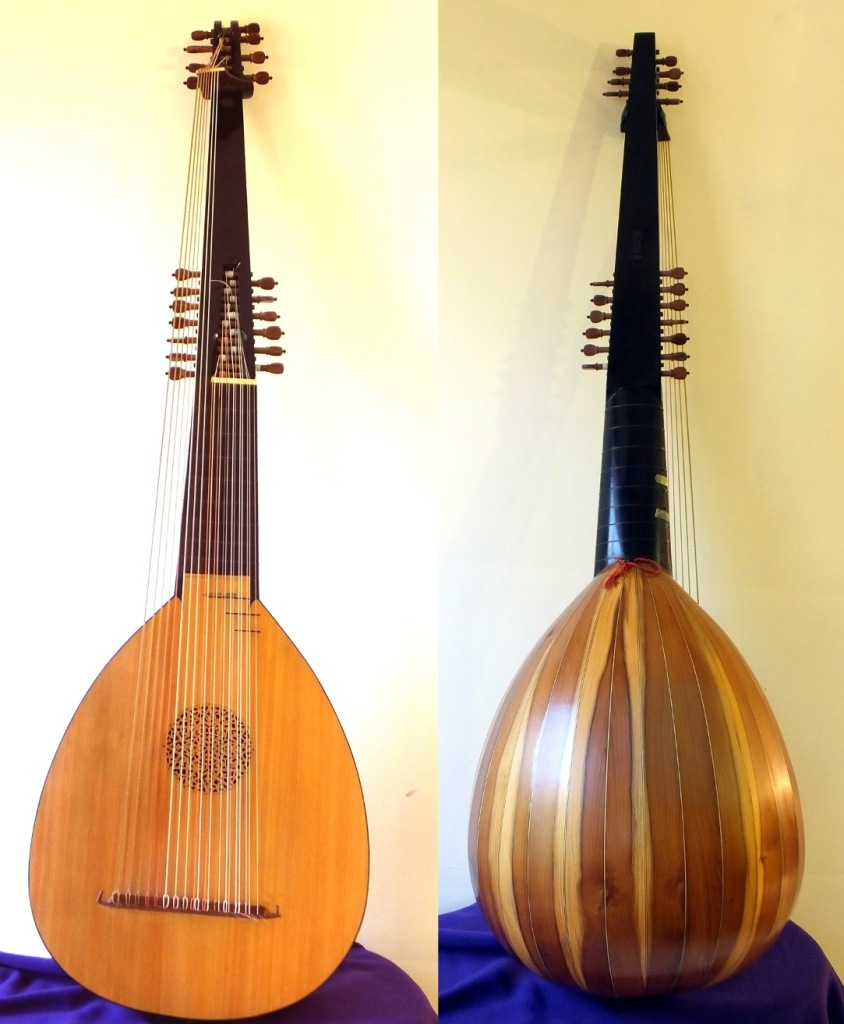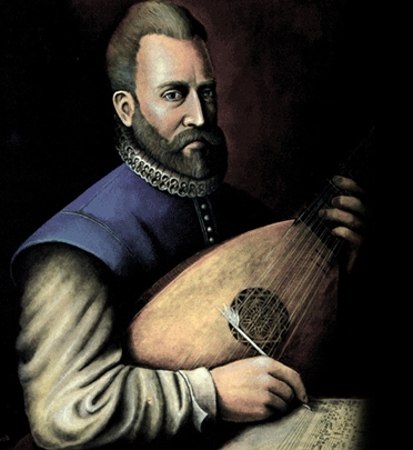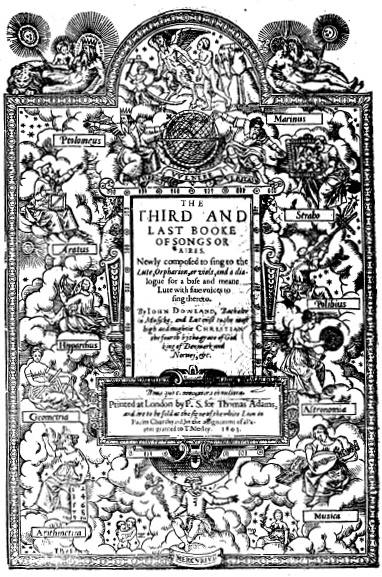John Dowland: Weep you no more, sad fountains
Weep you no more, sad fountains,
What need you flow so fast?
Look how the snowy mountains,
Heav’n’s sun doth gently waste.
But my sun’s heav’nly eyes
View not your weeping,
That now lies sleeping,
Softly, now softly lies sleeping.
But my sun’s heav’nly eyes
View not your weeping,
That now lies sleeping,
Softly, now softly lies sleeping.
Sleep is a reconciling,
A rest that Peace begets:
Doth not the sun rise smiling,
When fair at e’en he sets,
Rest you then, rest, sad eyes,
Melt not in weeping,
While she lies sleeping,
Softly, now softly lies sleeping.
Rest you then, rest, sad eyes,
Melt not in weeping,
While she lies sleeping,
Softly, now softly lies sleeping.
Már elapadj, bús forrás!
Ily fürgén, jaj, ne folyj!
Nézd, havas csúcs vén ormán
Heves Nap mit tékozol!
Ám az én napom kihunyt,
Könny fátylán úszik.
Ő, ki itt nyugszik,
Lágyan, lágyan, oly lágyan, lám, nyugszik.
Ám az én napom kihunyt,
Könny fátylán úszik.
Ő, ki itt nyugszik,
Lágyan, lágyan, oly lágyan, lám, már alszik.
Béke a nyugvás jussa,
Az álom enyhet ád.
Nemde a szép nap újra
Mosolyogva virrad rád.
Könnyebbülj, te is, te szem!
Könnyed mért hullik?
Hisz ő csak alszik,
Lágyan, lágyan, oly lágyan, lám, hogy alszik.
Könnyebbülj, te is, te szem!
Könnyed mért hullik?
Hisz ő csak alszik,
Lágyan, lágyan, oly lágyan, lám, nyugszik.
Hungarian translation by Gábor Domján
ARCHLUTE
copy built by Tihamer Romanek in 1999. The original instrument: Wendelin Tieffenbrucker (1551-1611, Padua), Brussels (M.I. No 1563).


John Dowland First Booke of Songes ( 1597) became an immediate bestseller. It was published at least in five reprints until 1613. Perhaps this success was the reason of his similar song collections that followed (see below: ”The Epistle to the Reader”), in the third of which (The Third and Last Booke of Songes or Aires, 1603) this beautiful enigmatic poem was set to his own music. The author of the poem is unknown, might even be Dowland himself.
If such songs were the ”top hits” of the age that might explain something about how and why audiances were open to Shakespeare’s art, e.g. the Hamlet Soliloquy:
”To die: to sleep; No more”



